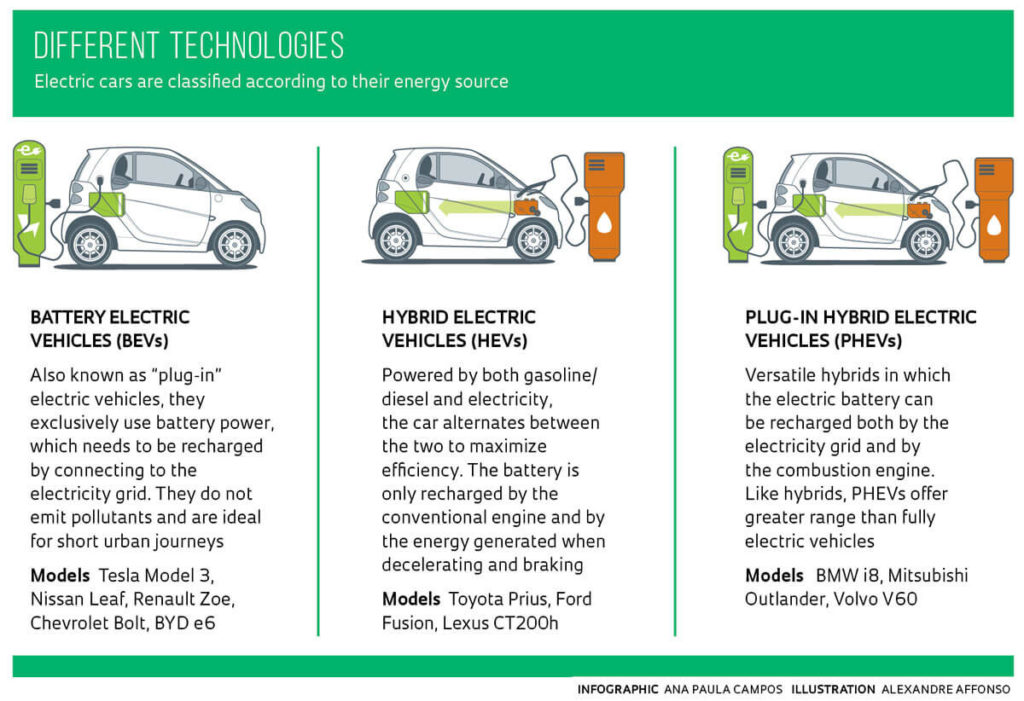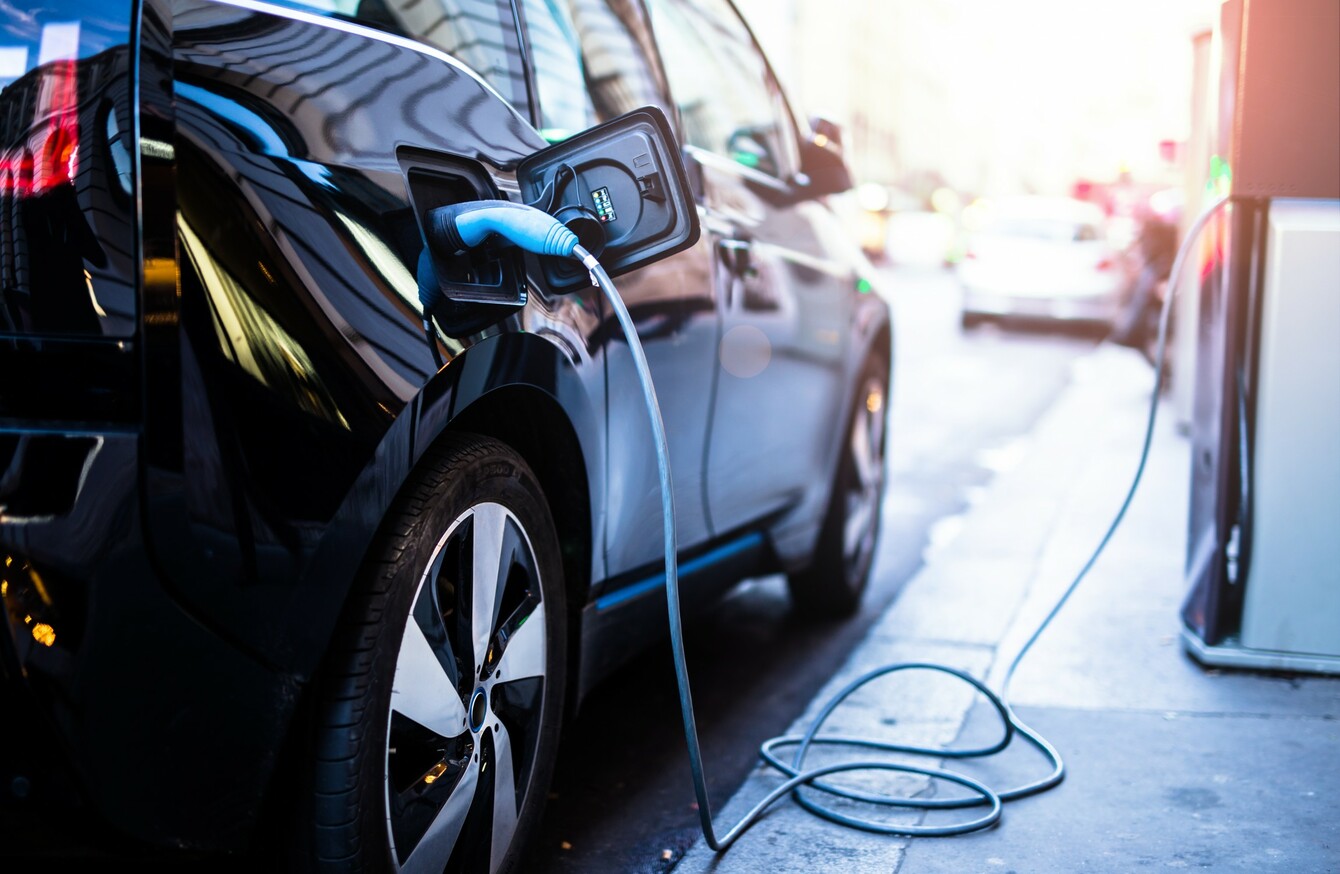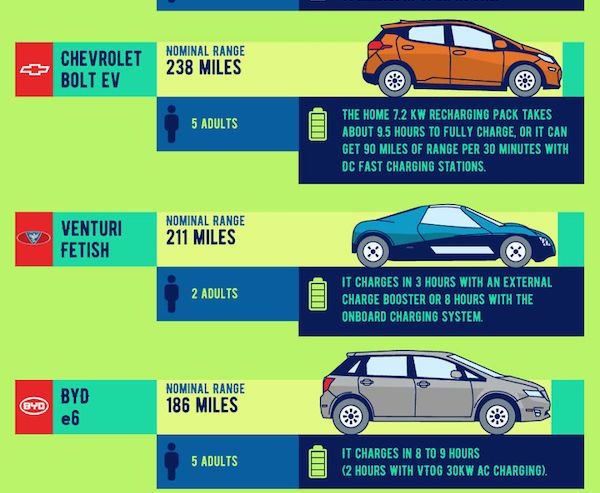Electric vehicles (EVs) have come a long way since the first crude prototypes hit the roads several decades ago. Today, modern electric cars are sleek, stylish, and packed with advanced technology. They offer a range of benefits, from lower fuel costs to better performance and fewer emissions. Despite their many advantages, however, electric vehicles also have some drawbacks. In this article, we'll take a closer look at the pros and cons of battery electric cars, exploring their impact on our lives, the environment, and the economy. First, let's talk about the benefits of EVs. One of the main advantages of electric cars is that they produce zero tailpipe emissions. Unlike traditional gas-powered cars, EVs don't belch out pollutants such as carbon monoxide, nitrogen oxides, or particulate matter. This makes them much cleaner for the environment and improves air quality overall. Another benefit of electric vehicles is that they're much cheaper to fuel than gasoline cars. According to some estimates, electric cars can save drivers up to 70% on fuel costs over their lifetimes. In addition to lower fuel costs, electric vehicles also require less maintenance than traditional cars. This is because they have fewer moving parts, and also because electric motors don't require oil changes. Yet another benefit of electric vehicles is that they offer a smoother, quieter ride. Unlike gas-powered engines, which vibrate and create a lot of noise, electric motors are much quieter and smoother. This can make for a more pleasant driving experience overall. However, electric vehicles also have some disadvantages. One of the biggest drawbacks of EVs is their limited range. Although some modern electric cars can travel up to 300 miles on a single charge, many still have a range of less than 100 miles. This can make it difficult to travel long distances without having to stop and recharge. Additionally, EVs can take a long time to recharge. Even with fast-charging stations, it can still take up to an hour or more to fully recharge an electric car. Another disadvantage of electric vehicles is their higher upfront cost. Although electric cars are becoming more affordable over time, they're still more expensive than traditional gas-powered cars. This means that not everyone can afford to buy an electric car, which can limit their adoption. Despite these disadvantages, however, it's clear that the future of driving is electric. As more and more people become aware of the benefits of EVs, and as technology continues to improve, electric cars will become more mainstream and accessible to a wider audience. And as they become more widely adopted, the environmental and economic benefits of electric vehicles will become even more clear. So if you're considering buying an electric car, what should you look for? When shopping for an EV, it's important to consider the range, charging time, and cost. You'll also want to research the available tax credits and incentives that can help offset the higher cost of electric cars. Additionally, you should look for a reliable electric car charger that can help you recharge quickly and easily. When it comes to choosing an electric car, there are a few different options to consider. One of the most common types of electric vehicles is the battery electric car, or BEV. BEVs are powered exclusively by an electric motor that's powered by a rechargeable battery. These cars offer zero emissions, but have a limited range and long charging times. Another type of EV is the plug-in hybrid electric car, or PHEV. PHEVs are powered by both a gasoline engine and an electric motor. They have a limited electric-only range, but can switch to gasoline power when needed. This makes them more practical for longer trips, but also means they produce more emissions than BEVs. Finally, there's the fuel cell electric car, or FCEV. FCEVs are powered by hydrogen fuel cells that generate electricity to power an electric motor. These cars produce zero emissions, but are currently less widely available than other electric car models. No matter which type of electric car you choose, there's no denying that these vehicles offer a range of benefits. From lower fuel costs to better performance and fewer emissions, electric cars are changing the face of transportation as we know it. So why not join the EV revolution today and start experiencing the many benefits of electric driving for yourself?
If you are searching about Why the Future of Driving is Electric - Evolve ETFs you've came to the right web. We have 8 Pics about Why the Future of Driving is Electric - Evolve ETFs like Battery who? Plug-in what? The key types of electric vehicle, explained, Why the Future of Driving is Electric - Evolve ETFs and also Advantages and disadvantages of electric vehicle - Electrical e-Library.com. Here it is:
Why The Future Of Driving Is Electric - Evolve ETFs
 evolveetfs.com
evolveetfs.com electric why vehicle types ev hybrid phev battery hev bev driving future plug
Battery Who? Plug-in What? The Key Types Of Electric Vehicle, Explained
 www.thejournal.ie
www.thejournal.ie electric plug vehicle battery explained types key who shutterstock
Advantages And Disadvantages Of Electric Vehicle - Electrical E-Library.com
 www.electricalelibrary.com
www.electricalelibrary.com disadvantages advantages combustion tends electrics
The Pros And Cons Of Battery Electric Cars - EV Central
 evcentral.com.au
evcentral.com.au New UMTRI Paper Reviews Major Advantages And Disadvantages Of Battery
 www.greencarcongress.com
www.greencarcongress.com electric battery fuel cell vehicles advantages disadvantages hydrogen vehicle bev fcv green car schoettle appropriate aspects relevant performance where major
The Afterlife Of Electric Vehicle Batteries | UL
 www.ul.com
www.ul.com electric batteries car vehicle battery cars wheels rc afterlife ul voltage explore innovation hobbies price
Basics Of Electric Vehicles - Advantages,Disadvantages And
 www.pinterest.com
www.pinterest.com Charged EVs | Li-Cycle Recovers Usable Battery-grade Materials From
 chargedevs.com
chargedevs.com batteries recovers shredded usable evs
Advantages and disadvantages of electric vehicle. Electric plug vehicle battery explained types key who shutterstock. Electric why vehicle types ev hybrid phev battery hev bev driving future plug
 evolveetfs.com
evolveetfs.com  www.thejournal.ie
www.thejournal.ie  www.electricalelibrary.com
www.electricalelibrary.com  www.ul.com
www.ul.com  www.pinterest.com
www.pinterest.com  chargedevs.com
chargedevs.com 
0 Comments